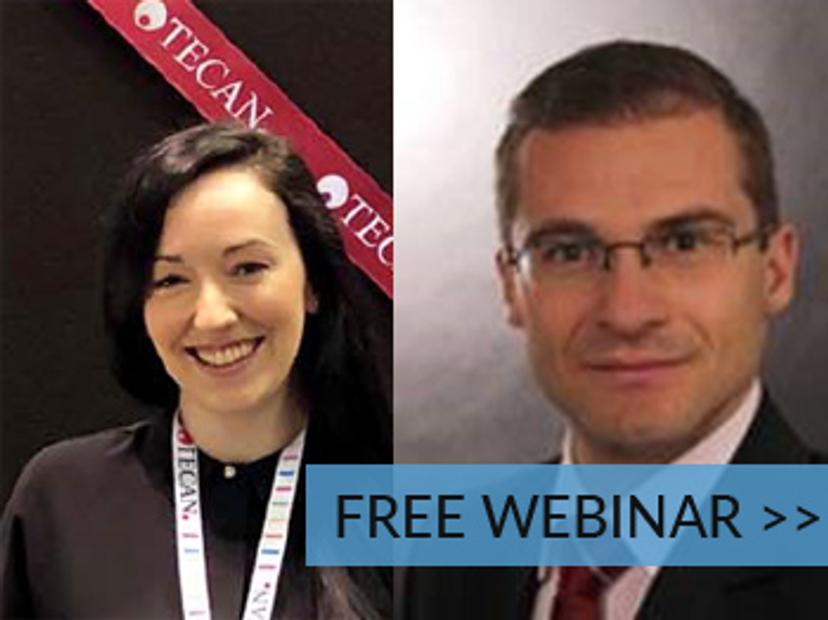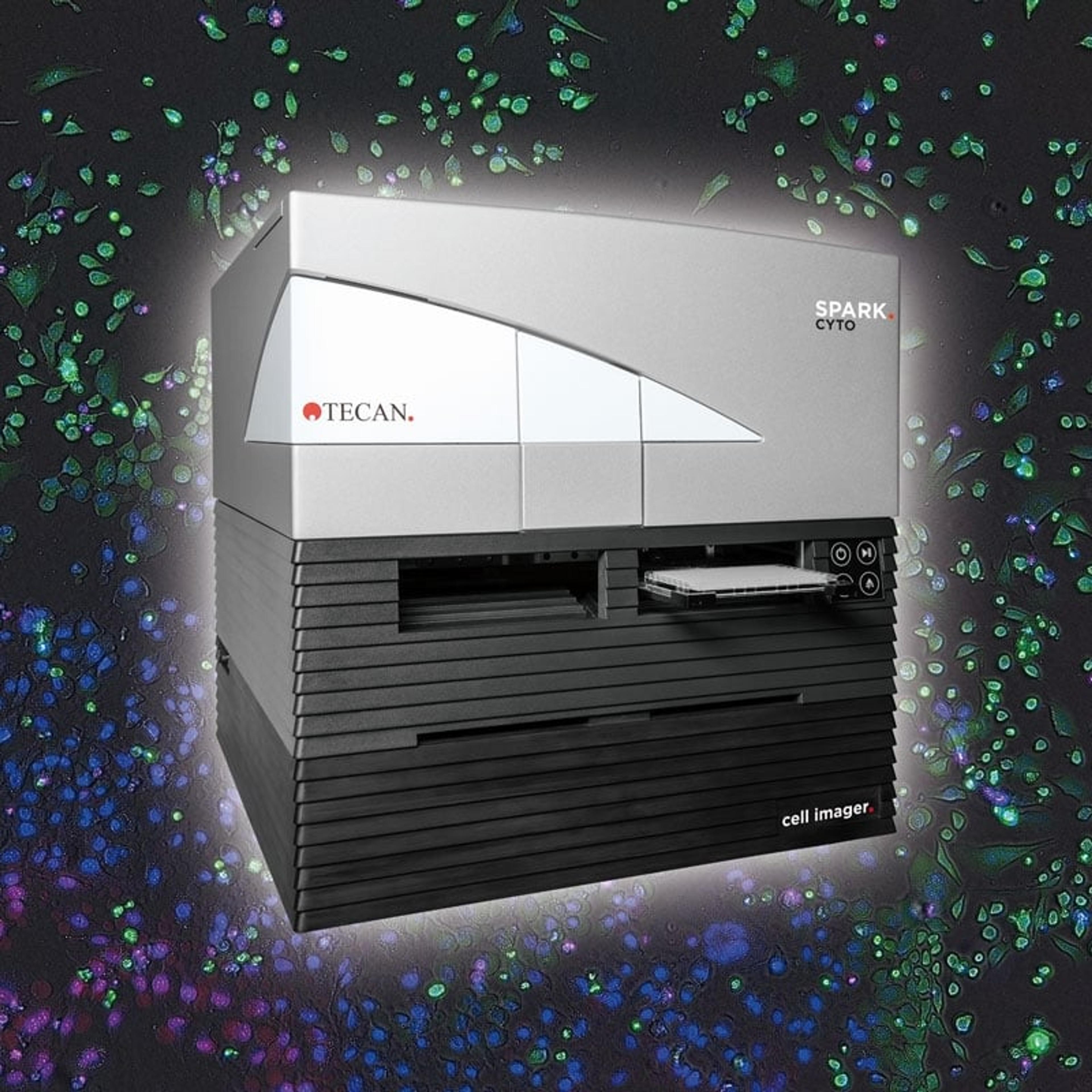How to ensure you never miss a critical biological event with improved whole-well imaging
In this expert webinar presented by Dr. Stefan Hosenöder, find out how to improve the robustness of your live-cell assays
12 Sept 2019

In order to understand and interpret the intricate and dynamic processes governing cell biology, in vitro cell-based assays are still the starting point for most researchers. Many scientists opt for the addition of imaging to live cell assays in order to provide important context to results, ultimately allowing a higher level of interpretation. However, working with live cells is fraught with challenges, with reproducibility being a major concern. The causes of which are numerous, however some experimental related factors are: insufficient replication of experiments, poor statistical power, variability in reagents or techniques. This can have critical outcomes such as the pursuit of false leads only to fail at a later stage, as well as significant financial and time expense.
In this expert webinar, Dr. Stefan Hosenöder, senior scientist at SIRION Biotech, will offer insight into how to improve the robustness of your live-cell assays to address and overcome some specific causes of the reproducibility problem. Standardizing methods, full environmental control and improved statistical significance by recording the whole well area of a 96- or 384-well microplate with just one image, meaning you never miss a cell. Patent-pending technologies enable you to now investigate your entire cell population for cell confluence, nuclei counting, cell viability and cell death, automatically. Watch this webinar to find out how you can benefit from this new approach and unite qualitative and quantitative information into unique multi-parameter data sets faster than ever before.
REGISTER NOWWatch this webinar to learn about:
- Analyzing more parameters faster with unique whole-well imaging
- Automating the execution of kinetic experiments for more consistent data
- Conducting real-time cell analysis with more experimental control
- Achieving walk-away automation of live-cell experiments
The webinar takes place on Friday, September 27, 2019, at:
- 16:00 BST
- 11:00 EDT
- 08:00 PDT
- 17:00 CEST
Scheduling conflict? No matter, register to receive an on-demand link to watch later>>
Since July 2015, Dr. Stefan Hasenöder's research focus has been on the production of lentiviral and adenoviral vectors. Hasenöder is responsible for the research and development into enhancing transduction efficiency by viral capsid modification and development of new improved lentiviral transduction enhancers for clinical applications in gene and cell therapy.

